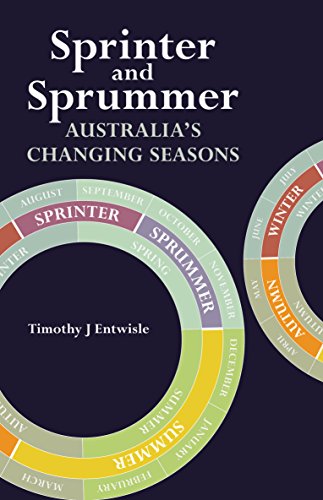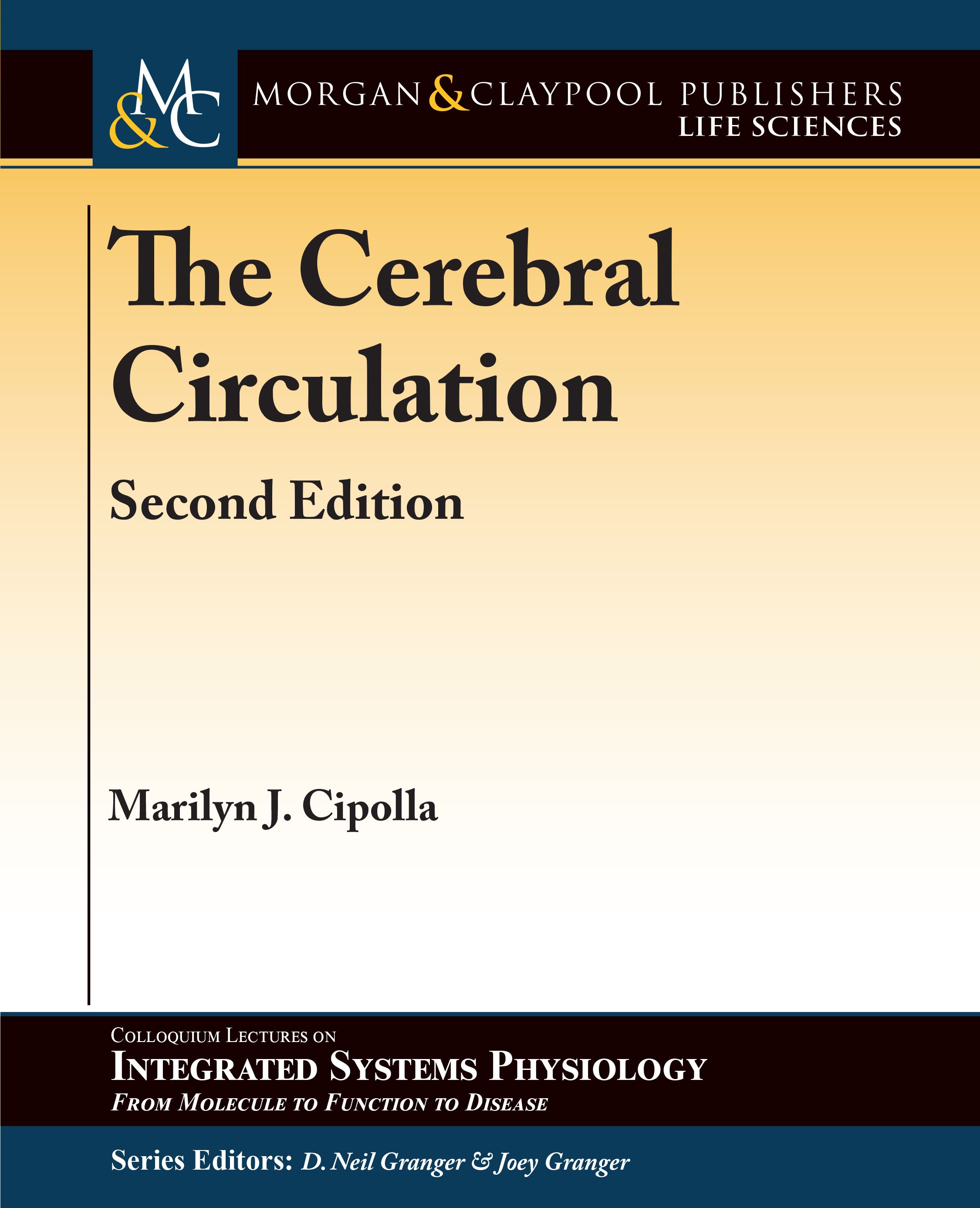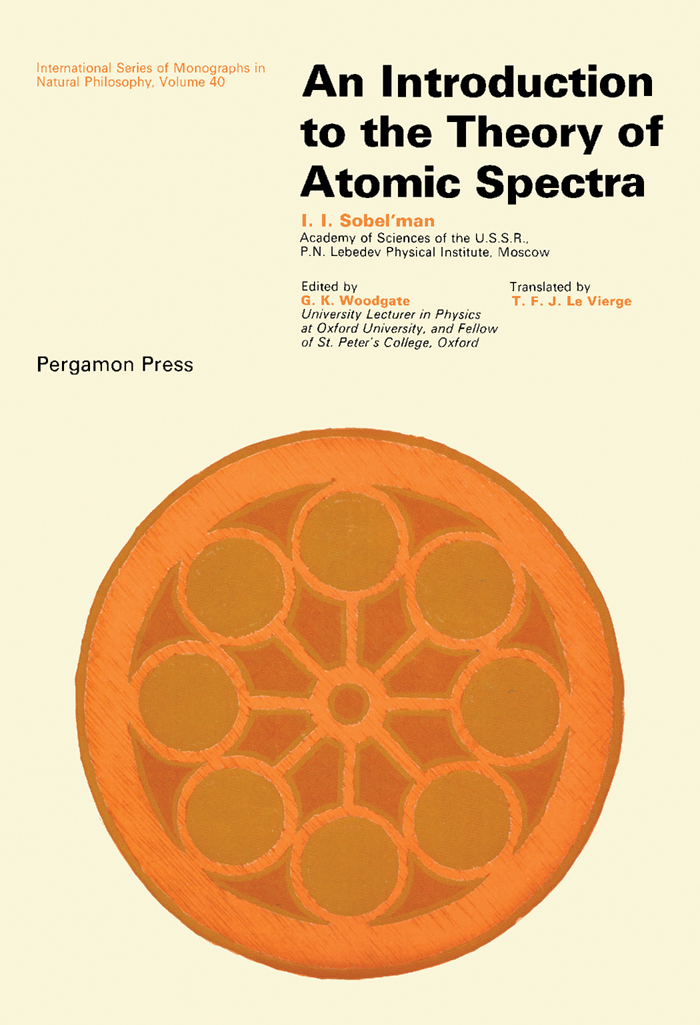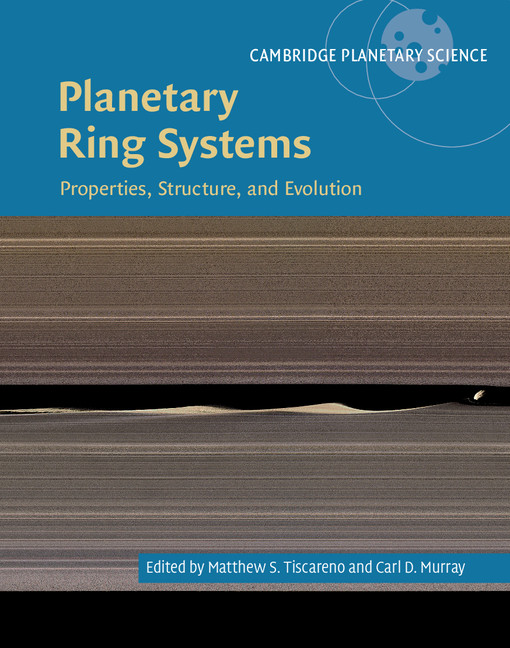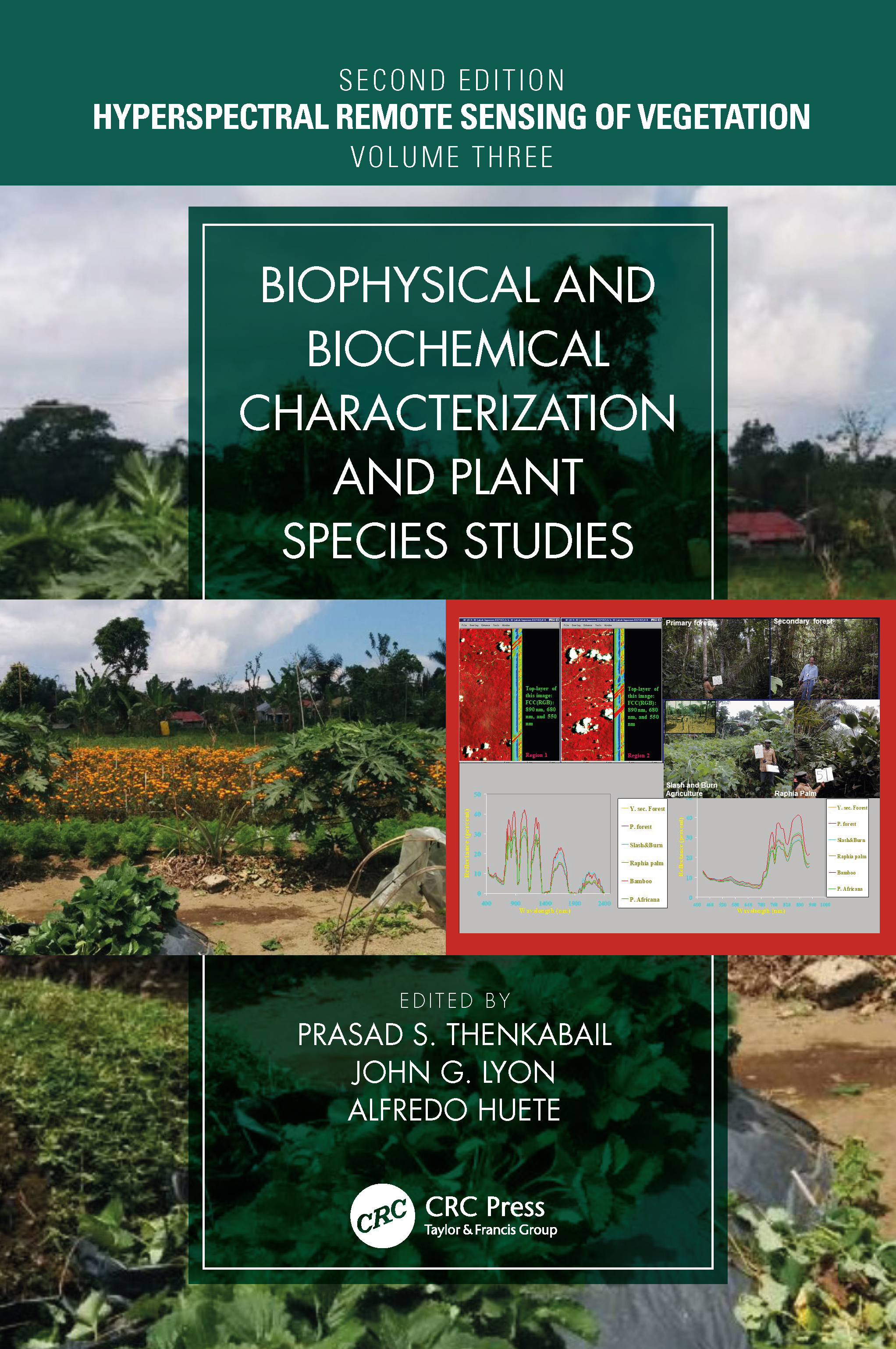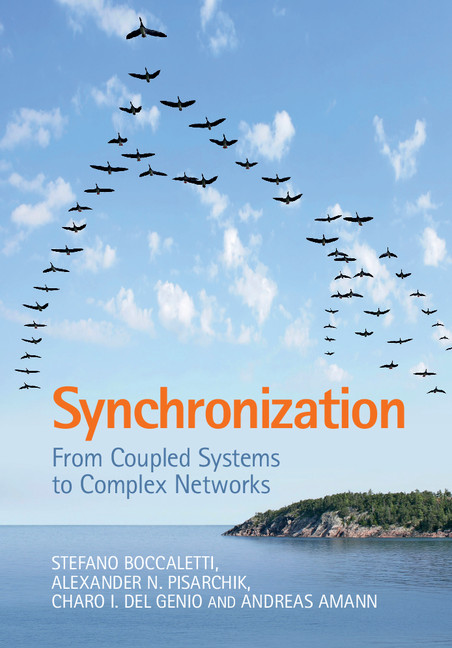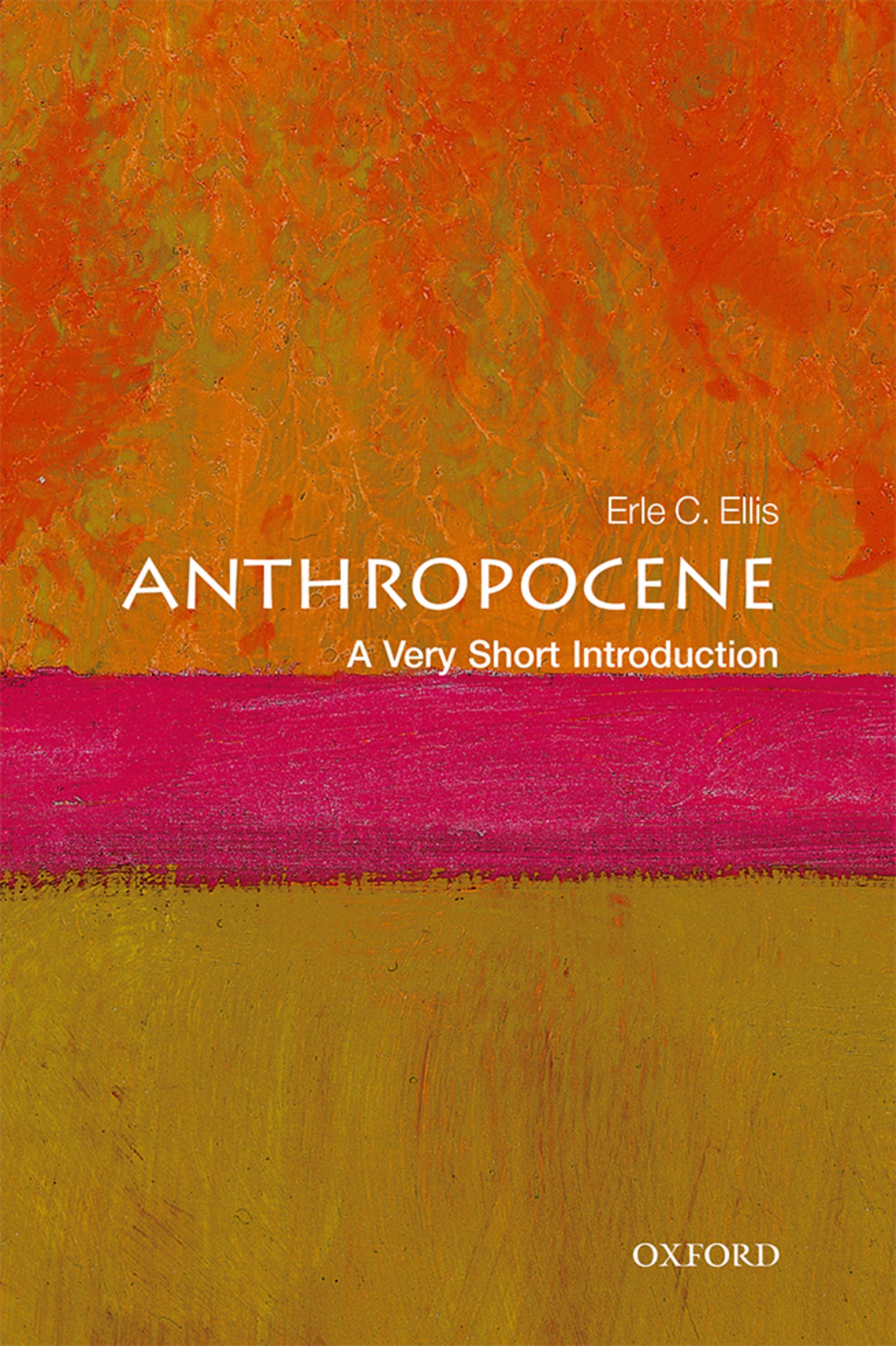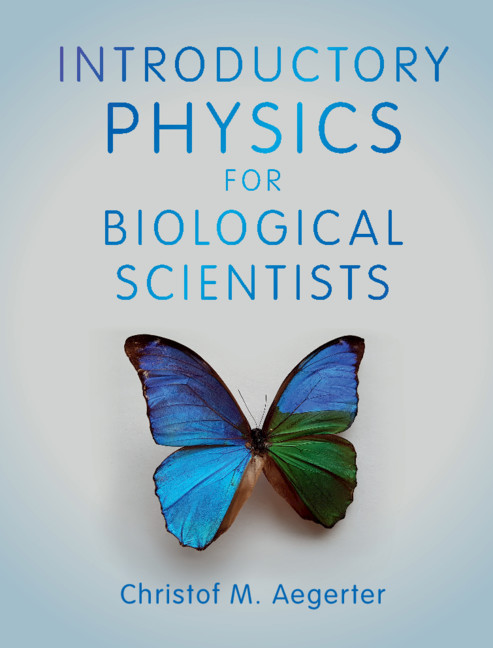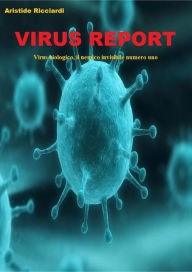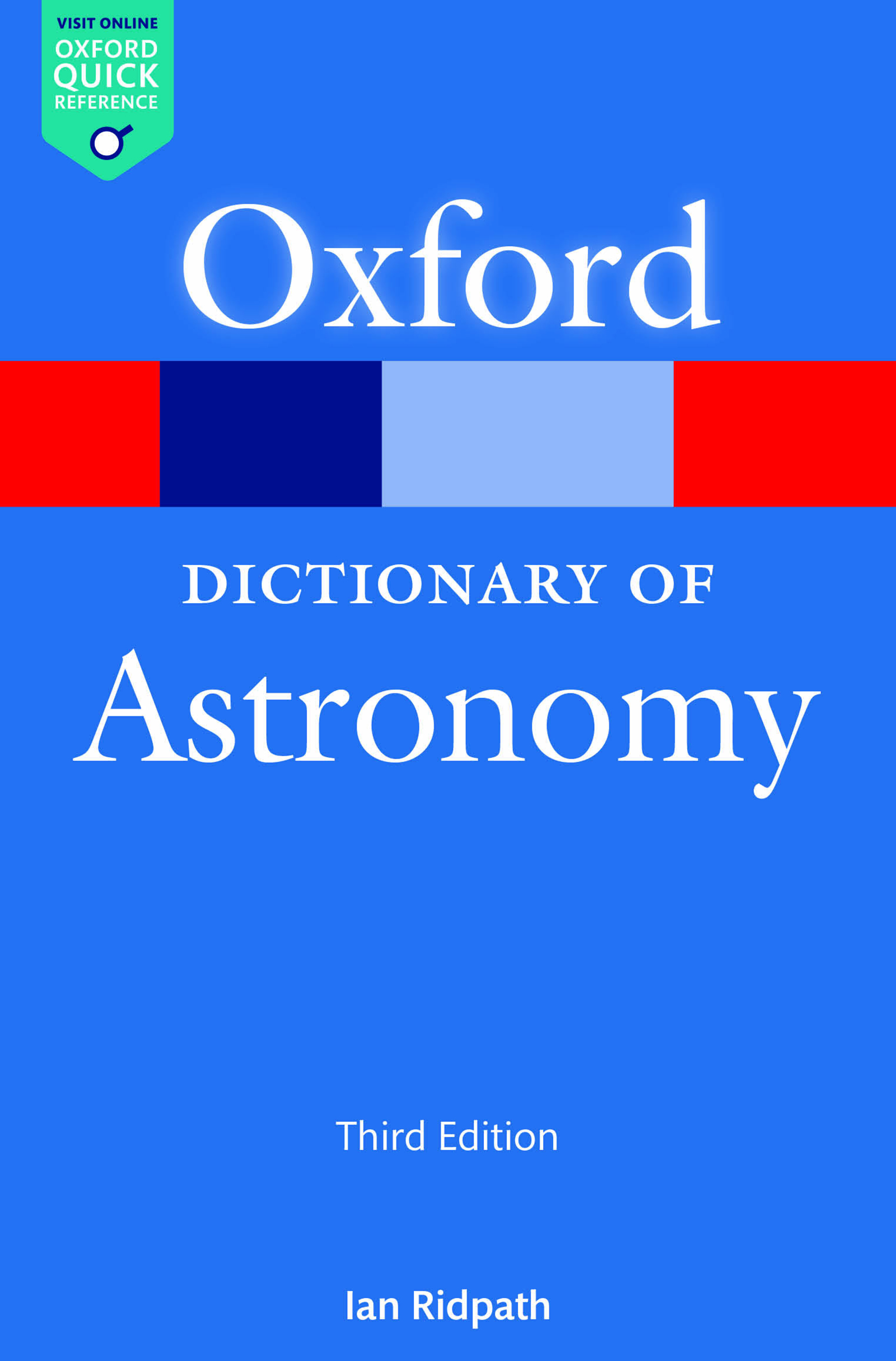
- Browse Category
Subjects
 We Begin at the EndLearn More
We Begin at the EndLearn More - Choice Picks
- Top 100 Free Books
- Blog
- Recently Added
- Submit your eBook
password reset instructions
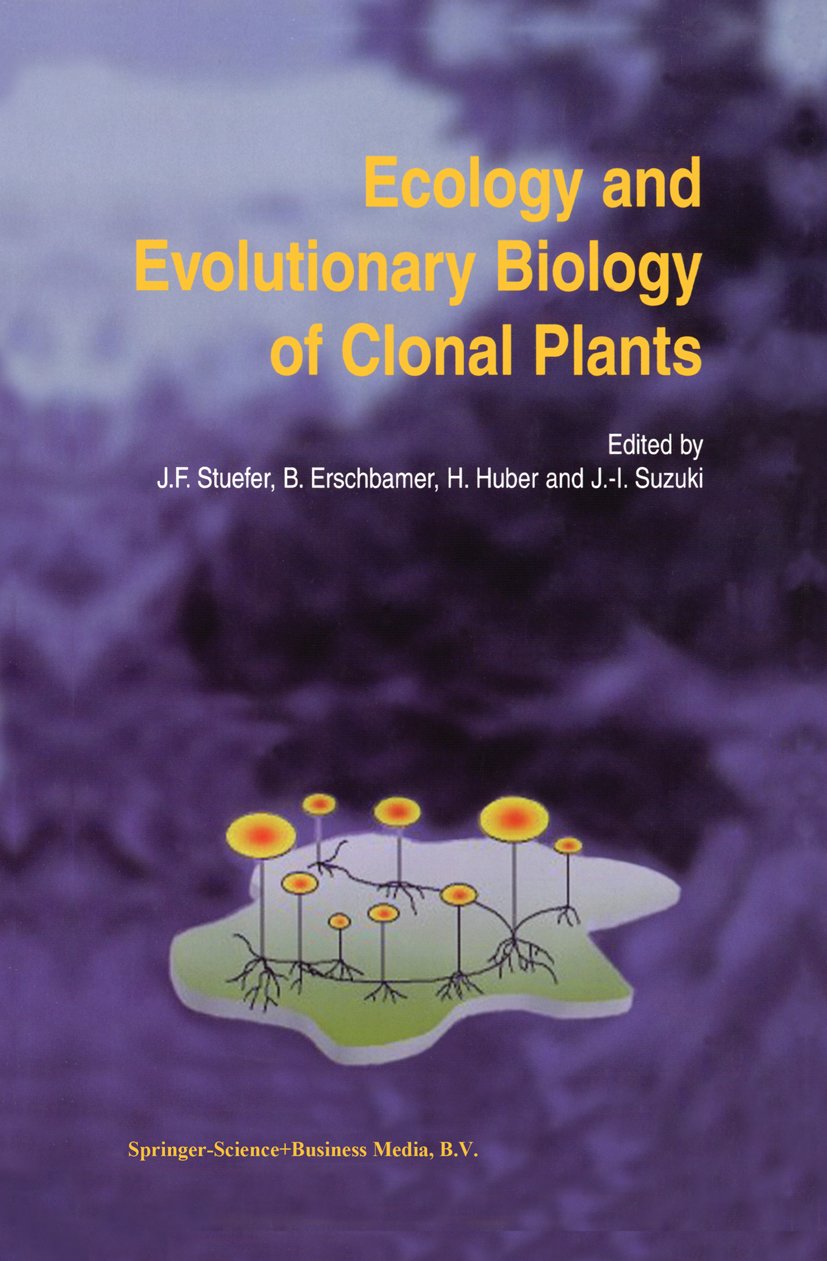
Spontaneous self-cloning orclonalityis a widespread phenomenon in the plant kingdom, and has a wide array of ecological and evolutionary implications. This volume is the outcome of an international workshop on clonal plant biology aimed at illustrating current progress and recent developments in the scientific study of clonality in plants. The first section of this book includes a collection of original research articles which demonstrate the wide variety of approaches and scientific challenges linked to clonality in plants. The topics covered in this section include ecological and evolutionary implications of sexual versus asexual propagation, including life-history evolution and sex-ratio dynamics, the importance of internal resource transport and remobilization of storage products for the invasiveness and competitiveness of clonal plants, a survey of clonal growth forms in grassland communities, and studies on the interactions between clonal plants and animals and fungi. The approaches used range from experimental studies on a broad variety of systems to mathematical modeling of clonal growth and its consequences. The second part features discussion and review papers on a diverse array of subjects, ranging from developmental considerations of clonality, principles of selection and evolution in clonal plants, a survey of clonality in algae, to potential implications of clonality for plant mating, and beyond. This part of the volume aims at presenting novel ideas and hypotheses, and at summarizing existing knowledge in previously under-researched areas, thereby providing directions for future research initiatives.
This book captures ongoing cutting-edge research in the field of clonal plant ecology and evolution. It is directed to anyone from the undergraduate to specialist level who is interested in the biology of the intriguing phenomenon of asexual propagation in plants.
Less- File size
- Print pages
- Publisher
- Publication date
- Language
- ISBN
- 9.21 X 6.14 X 0 in
- 382
- Springer Netherlands
- June 29, 2013
- eng
- 9789401713450









